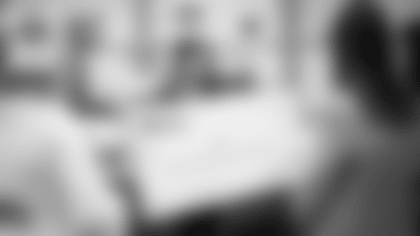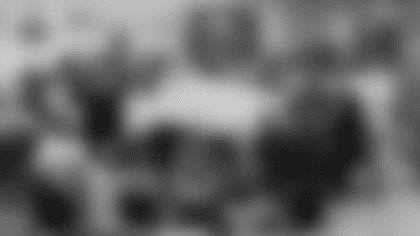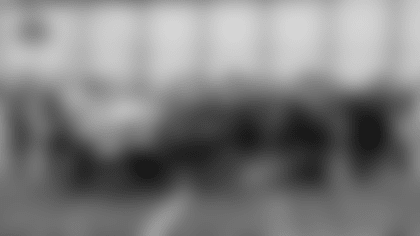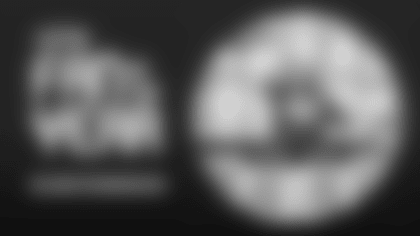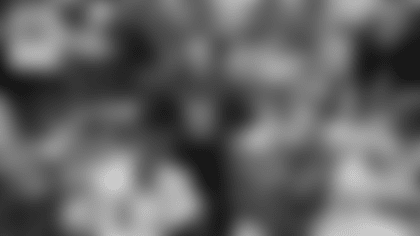Here in the Pacific Northwest, marine wildlife and the ocean have played a major role in the region's way of life and culture for millennia. But while we cherish the beauty of our waters and its inhabitants, we don't always consider the important efforts that go on behind the scenes to keep wildlife safe and to keep their habitats in livable condition.
Disease, human impacts that lead to injuries, or disturbances that cause their mothers to abandon them are just a few of the issues that affect marine wildlife, and oftentimes these animals don't receive the help they need to survive in time. But one organization is helping to fix that in our region.
The Seahawks are proud to support SeaLife Response + Rehab + Research (SR3), a non-profit organization dedicated to assisting marine animals that are injured, stranded, or otherwise in distress; rehabilitating injured animals to give them a second chance at life; and doing crucial research to inform conservation efforts for the health of our local Southern Resident killer whales, and other cetaceans like dolphins and porpoises. Founded in 2011, SR3 is a first-of-its-kind operation, working with local tribes and other community groups to help educate the public on marine conservation and promote a healthier environment.
The vast increase in tanker and cargo ship transit along our coast and on the Salish Sea over the years poses increased risk of an oil spill to dozens of different marine wildlife species. This, combined with the fact that marine animal strandings in the Salish Sea have gone from about two animals per year in the 1970s to nearly 40 per year in the last decade, has necessitated the presence of a local facility specifically designed to evaluate and care for endangered marine wildlife in the northwest.
When SR3's marine wildlife hospital opened this spring in Des Moines, it marked the first time that several species were able to receive care right here in our own region. By rehabilitating marine animals, SR3 researchers are able to monitor the overall health of marine ecosystems and wildlife populations as a whole. A healthy population of harbor seals, for example — the most abundant marine mammal in the Salish Sea — reflects good ocean health and bodes well for human community health as well.
In addition to their response and rehabilitation work, SR3 also performs research on the health of local cetaceans to inform conservation efforts and to monitor the overall health of marine wildlife populations. In June, SR3’s Dr. Holly Fearnbach wrapped up a collaborative research project aimed at assessing the health of Sounder gray whales and documenting changes in their body condition during a feeding stopover in the Northern Puget Sound. The project used a remotely controlled drone to collect images of 14 whales between February and June, and found "consistent and dramatic improvement in body condition," as well as a documented pregnancy among the whales.
SR3 urges that if you find a seal or other marine mammal that appears to be injured or in distress, do not touch it! Marine mammals like sea lions, seals, sea otters, whales, and porpoises are protected by federal laws requiring people to stay at least 100 yards away. Instead, contact the West Coast Marine Mammal Stranding Network at 1-866-767-6114. For entangled whales found along the coast of Washington, Oregon or California, you can call the NOAA Fisheries Entanglement Reporting Hotline at 1-877-SOS-WHALe (1-877-767-9425). Lastly, for sea otters on the beach in Washington, contact the Washington Sea Otter Stranding Hotline at 1-877-326-8837.
To help feed and care for marine animals in rehabilitation, and to support the important work and research SR3 carries out, you can make a donation here. SR3's community ambulance will also be making an appearance at Touchdown City prior to our Thursday Night game against the Los Angeles Rams this Thursday, October 7, where fans will have a chance to see up-close and learn about the work SR3 does.
Click here to find out about other ways to support SR3, like donating supplies from their Amazon Wishlist, or joining the Wavemakers club to make monthly gift payments and receive unique benefits and opportunities.
The non-profit organization is dedicated to assisting injured or sick marine wildlife, rehabilitating them for a second chance at life, and doing research to inform conservation efforts. Learn more by looking at the photos and reading the captions below.

Harbor seal patients at SR3's SeaLife Rescue Center receive expert care and lots of hearty fish meals until they're ready to return to the wild. All of these seal pups were found in distress due to human impacts, whether that led to injuries, disease, or a disturbance that caused their mothers to abandon them.
If you spot a seal, or any other marine mammal on the beach, make sure you and your pets stay at least 100 yards (about the length of a football field) away! Please contact the West Coast Marine Mammal Stranding Network if you believe a marine mammal needs help: 1-866-767-6114.
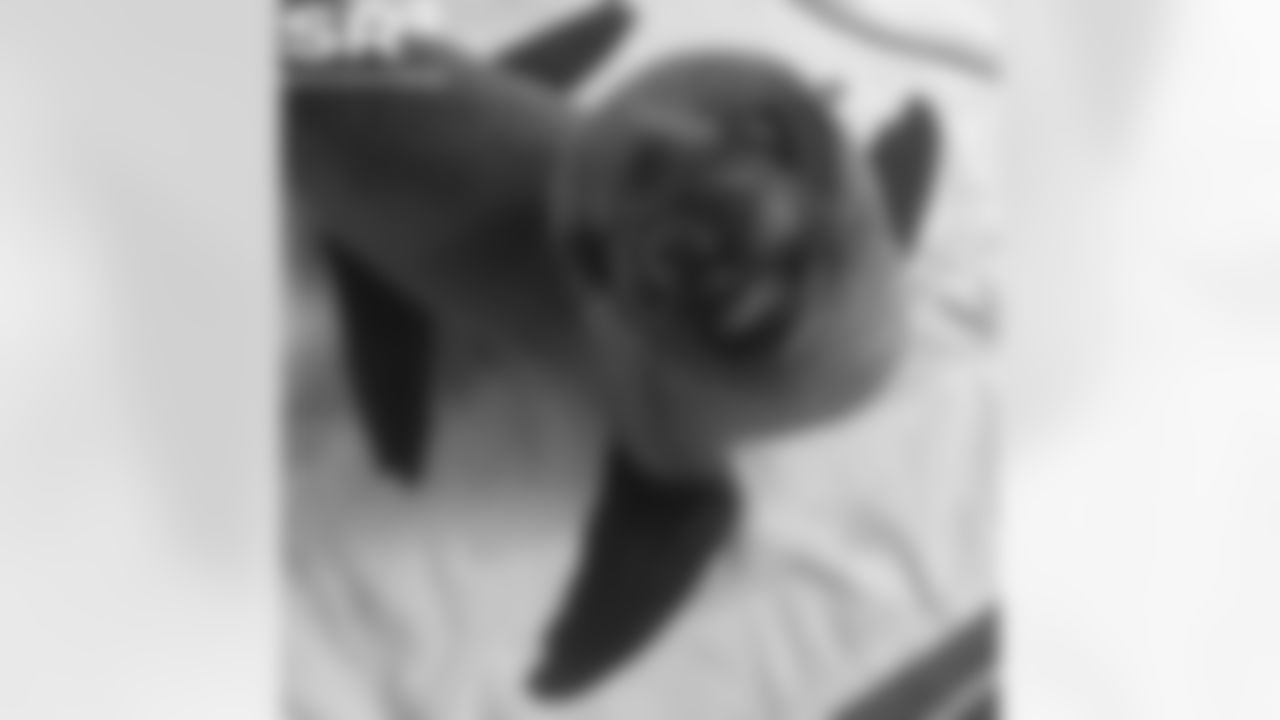
Did you know that Guadalupe fur seals often wash ashore in need of care during the winter months in the Pacific Northwest? Thankfully SR3's SeaLife Rescue Center is able to care for endangered and threatened species like this. The fur seal pictured here washed ashore underweight and suffering from pneumonia, but he made a full recovery before returning to his ocean home!

While often associated with tropical climates, sea turtles follow warm water currents up the Pacific coast. Winter storms can push them into cold waters and lead to a life-threatening emergency. Fortunately SR3 is prepared to help these threatened and endangered species. If you ever see a sea turtle on shore in the Pacific Northwest, it means they are in need of urgent care; please immediately call 1-866-767-6114.

Harbor seal Scout was found in desperate need - skinny, dehydrated, and malnourished - on a busy beach in Ocean Shores, Washington after people spooked her mom away. Too young to survive on her own, Scout was admitted to SR3's SeaLife Rescue Center, where she received all of the fishy meals and medical care she needed to grow strong before returning to her ocean home!

Harbor seal pup Grateful receives a veterinary exam as she's admitted to SR3's SeaLife Rescue Center. You can help feed and care for Grateful, and many other patients like her, by chipping in at: https://www.sealifer3.org/donate. Thank you for helping marine animals in need get a second chance at life in the wild!
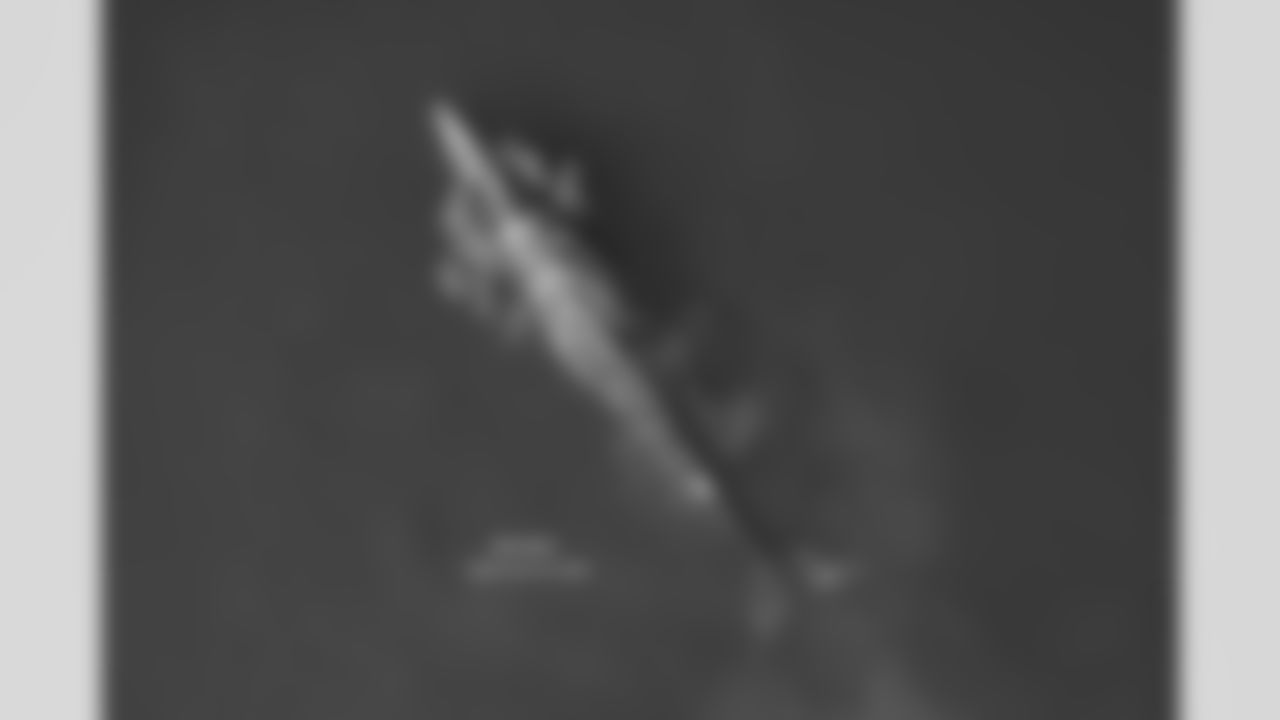
Aerial image of a "Sounder" gray whale surfacing after a foraging dive on ghost shrimp in the Puget Sound in March 2021. Image was collected non-invasively using a remotely-controlled drone flown at >150ft over the whales under NMFS research permit 19091. Photo by Holly Fearnbach (SR3) and John Durban (SEA).
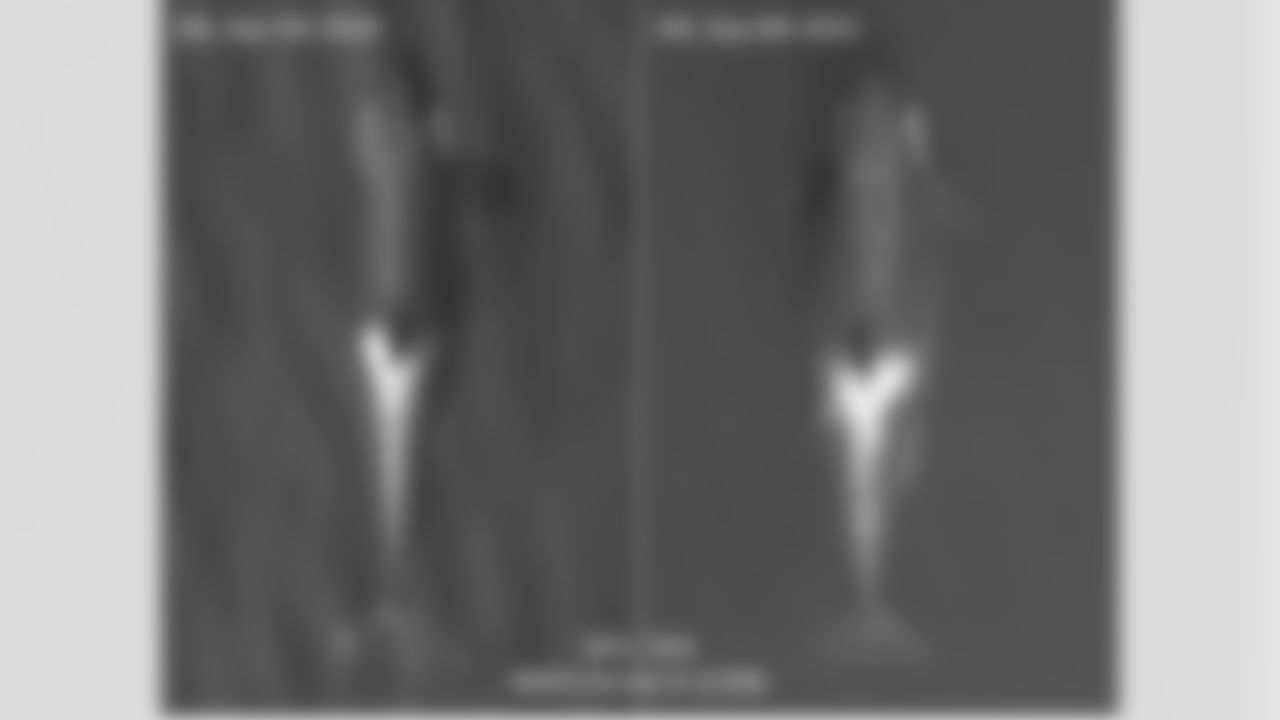
Aerial Images documenting the shape change during pregnancy of an adult female Southern Resident killer whale (J36), collected during non-invasive health research by Holly Fearnbach (SeaLife Response, Rehabilitation and Research, SR3) and John Durban (Southall Environmental Associates, SEA). Images. collected non-invasively using a remotely-controlled drone flown at >100ft over the whales under NMFS research permits 19091 and 22306. Photo by Holly Fearnbach (SR3) and John Durban (SEA).
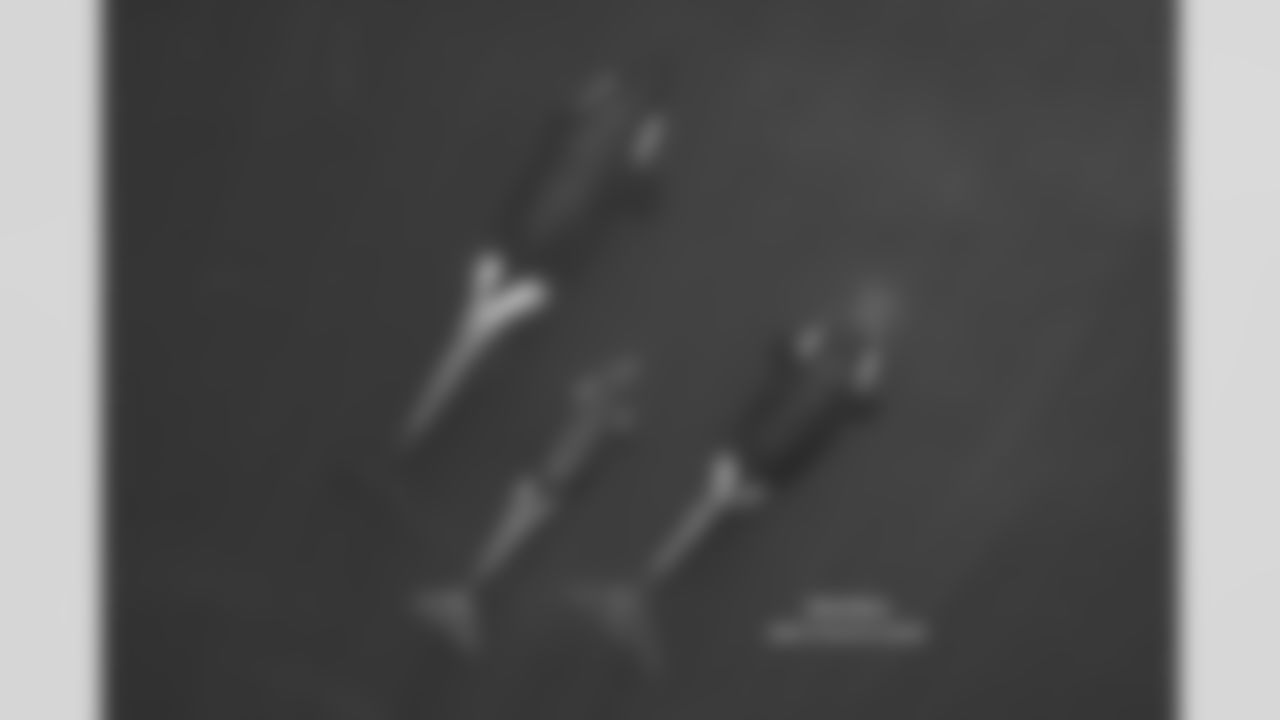
Aerial image of an adult female Southern Resident killer whale (J41), and her two offspring J51 and J58 collected during non-invasive health research by Holly Fearnbach (SeaLife Response, Rehabilitation and Research, SR3) and John Durban (Southall Environmental Associates, SEA). Image collected non-invasively using a remotely-controlled drone flown at >100ft over the whales under NMFS research permits 22306. Photo by Holly Fearnbach (SR3) and John Durban (SEA).







